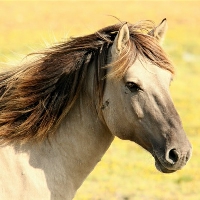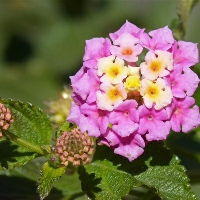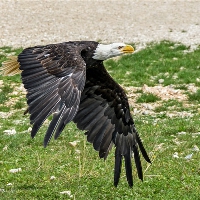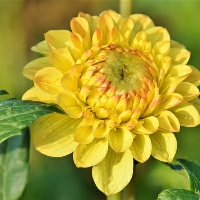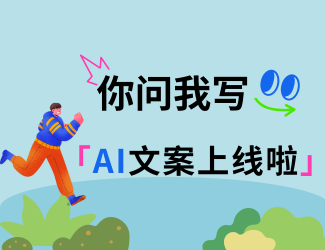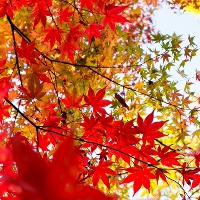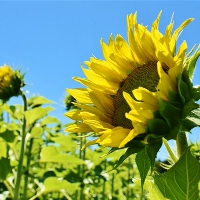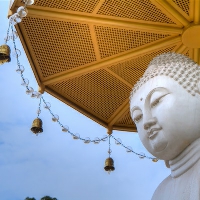英语中秋小报内容英文版(英语中秋小报)
1、Legend of Mid-Autumn Festival One year in ancient times, it is said, there appeared in the sky ten suns which were so scorching that smoke kept rising from the earth and all the seas dried up. People seemed just unable to live on under such circumstances. A hero named Hou Yi was much worried about this, he ascended to the top of the Kunlun mountain and, directing his superhuman strength to the full extent, he drew his extradinary bow and shot down the nine superflous suns one after another. Hou Yi was respected and loved by the people for the unparalleled meritorious service he rendered. Lots of people of ideals and integrity came up to him to learn the martial arts out of the admiration for him while a cunning and treacherous person named Peng Meng who entertained dark schemes lurked in them. Before long Hou Yi took a wife, a beautiful and kindhearted woman named Chang E.Besides hunting and passing on martial arts, Hou Yi was with his wife all day long. People all admired the affectionate couple of a perfect match. One day on his way to the Kunlun Mountain to call on friends and seek for virtue, he ran upon the empress of heaven Wangmu who was passing by. So he asked of Wangmu a parcel of elixir, by taking which, it was said, one would ascend immediately to the heaven and became a celestial being. Hou Yi, however, hated to part with his wife. So he gave the elixir to Chang E to treasure for the time being. Chang E was hiding the parcel into the treasure box of her dressing table when, unexpectedly, it was seen by Peng Meng. Three days later, when Hou Yi led his disciples to go hunting, Peng Meng who harbored dark designs remained under the false pretence of illness. Soon after Hou Yi left with his desciples, Peng Meng, a sword in his hand, rushed into the inner chamber and force Chang E to hand over the elixir. Aware that she was unable to defeat Peng Meng, Chang E made a prompt decision at the critical moment. She turned round to open her treasure box, took up the elixir and swallowed it in one gulp. As soon as Chang E swollowed the elixir her body fleated off the ground, dashed out of the window and flew towards the heaven. As she was worried about her husband, Chang E descended and turned into a celestial being on the moon which was the nearest from the world among the stars. When Hou Yi returned home at dark, the maidservants told him tearfully what had happened. Shocked and angry, Hou Yi took out his sword and went to kill Peng Meng, but only to find that Peng had fled for a long time. Hou Yi was so indignant that he beat his breast and stamped his feet, and kept raising a hue and cry in a fit of bitterness. Hou Yi, overcome with grief, was looking up into the night sky and calling out his beloved wife by name when, to his surprise, he found that the moon was especially clear and bight and on it there was a swaying shadow that was exactly like his wife. Hou Yi hurriedly arranged an incense table in the back garden that Chang E loved. Putting on the table the sweetmeats and fresh fruits Chang E enjoyed most, Hou Yi held in the distance a memorial ceremony for Chang E who was sentientally attached to him in the palace of the moon. When people heard of the story that Chang E had turned into a celestial being, they arranged the incense table in the moonlight one after another and prayed kindhearted Chang E for good fortune and peace. From then on the custom of worshing the moon spread among the people. About Moon Cakes There is this story about the moon-cake. during the Yuan dynasty (A.D. 1280-1368) China was ruled by the Mongolian people. Leaders from the preceding Sung dynasty (A.D. 960-1280) were unhappy at submitting to the foreign rule, and set how to coordinate the rebellion without being discovered. The leaders of the rebellion, knowing that the Moon Festival was drawing near, ordered the making of special cakes. Backed into each moon caked was a message with the outline of the attack. On the night of the Moon Festival, the rebels successfully attached and overthrew the government. Today, moon cakes are eaten to commemorate this legend and was called the Moon Cake. For generations, moon cakes have been made with sweet fillings of nuts, mashed red beans, lotus-seed paste or Chinese dates, wrapped in a pastry. Sometimes a cooked egg yolk can be found in the middle of the rich tasting dessert. People compare moon cakes to the plum pudding and fruit cakes which are served in the English holiday seasons. Nowadays, there are hundreds varieties of moon cakes on sale a month before the arrival of Moon Festival.中秋节 英文:the Moon Festival or the Mid-Autumn Festival (on the 15th day of the 8th lunar month) 中秋节 英文:Mid-Autumn Festival中秋节快乐 英文:A happy Mid-Autumn Festival希望我的这篇故事能给你一点小小的帮助!
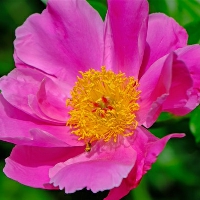 天空中的飞鸟 2023-08-11 16:22:55
天空中的飞鸟 2023-08-11 16:22:55
